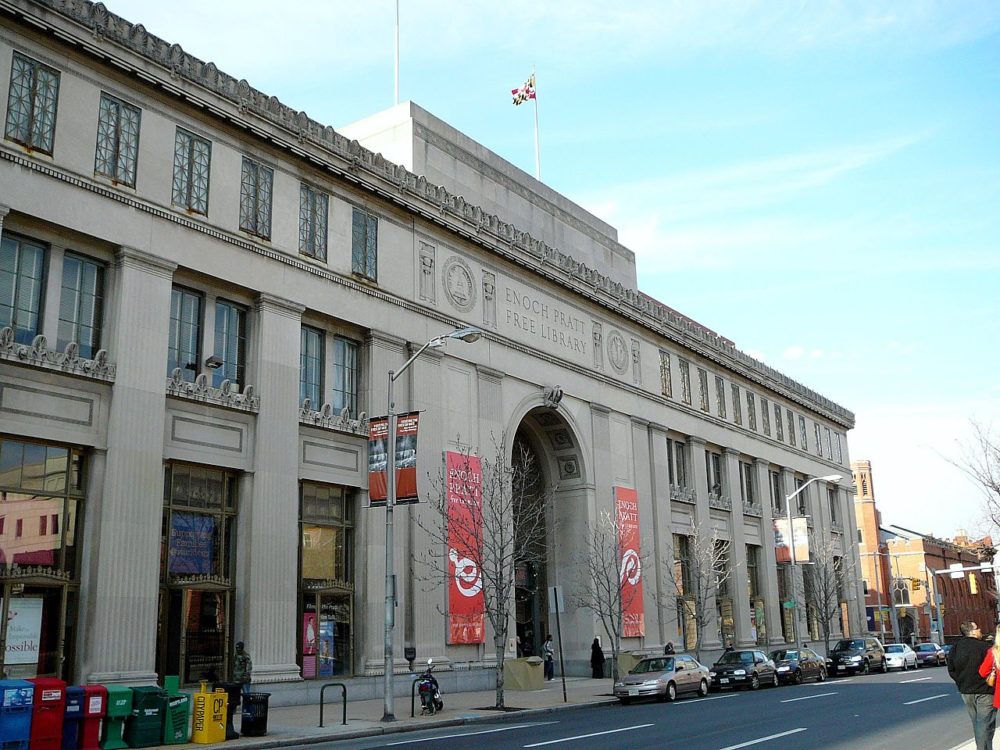The Federal Communications Commission (FCC) last week announced its commitment of over $266 million in two new funding rounds through the Emergency Connectivity Fund, which has already granted Baltimore’s Enoch Pratt Free Library a little over $5 million.
The public library system plans to apply for more money from the FCC, as its Fund supports better connectivity for students via schools and libraries.
Such funds could help Baltimore institutions like the Enoch Pratt Free Library close the city’s own massive internet connectivity gap. Before the pandemic, 40% of Baltimore city households didn’t have internet service while one out of every three households didn’t have a laptop or desktop computer, according to a report by the Abell Foundation. This is an issue felt throughout the state, with 520,000 Maryland households not having a home wireline broadband subscription. That shakes out to roughly one in four households effectively disconnected from high-speed internet.
Nationwide, according to broadband ISP think tank BroadbandNow, 42 million Americans currently cannot purchase broadband internet. As remote work and school became a necessity instead of a luxury, internet access has become a priority for federal, state and local governments.
“In too many communities, kids are still struggling to get the internet and devices they need to connect with teachers and do their homework,” FCC Chairwoman Jessica Rosenworcel said in a statement. “We have to fix this. This program is helping, and I’m proud of the progress we are making to close the Homework Gap.”
The term “homework gap” refers to when students can’t complete school assignments due to a lack of internet access. It’s the education side of the opportunity gap and digital divide that stops those below the poverty line from applying to certain jobs without an internet connection or, in an increasingly digital world, applying for social services.
Before the pandemic, the common refrain was to go to the library to use computers. But with gathering in public spaces becoming a health hazard, Pratt libraries had to pivot by extending Wi-Fi outdoors, letting residents check out Chromebooks and mobile hotspots and leaning into hybrid programming that, during the pandemic, helped both students and seniors bridge the technology gap.
Pratt libraries used the FCC money to purchase 5,000 Chromebooks and 5,000 hotspots. These devices are currently being cataloged before being distributed among all Pratt libraries.
“This federal funding will be a game changer for our ability to provide free internet inside the homes of people who need it the most,” Enoch Pratt spokesperson Meghan McCorkell told Technical.ly.
Enoch Pratt has applied for additional funding to buy even more Chromebooks and continue subsidizing hotspot data plans.







